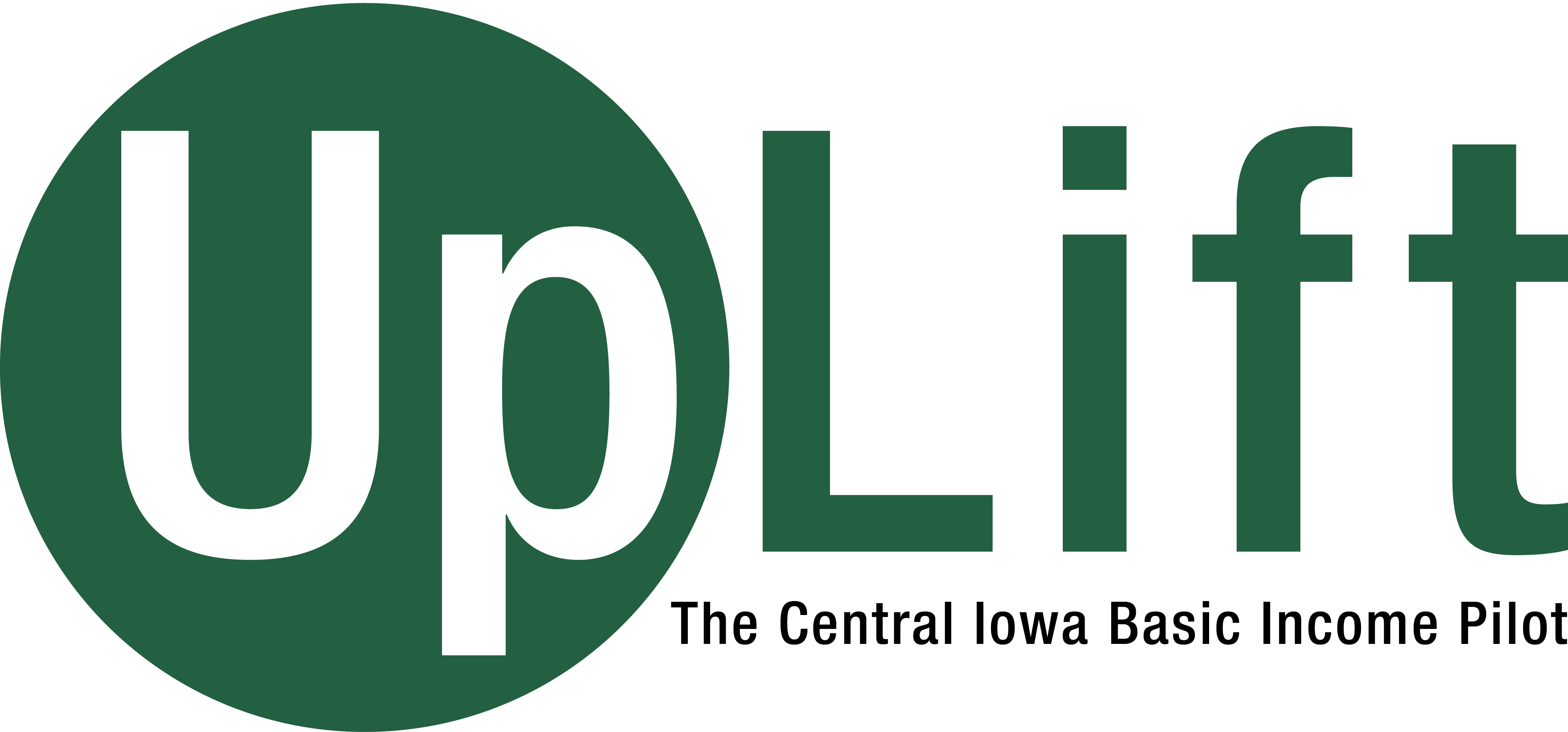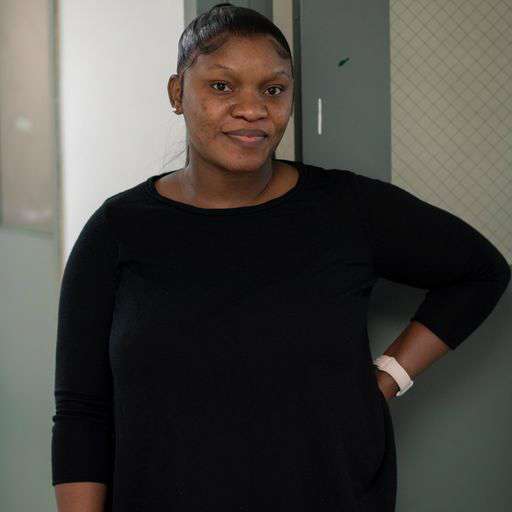About UpLift – The Central Iowa Basic Income Pilot
UpLift is a community-wide collaborative learning opportunity to study the impacts of a basic income on Central Iowan residents. This study is the first basic income pilot to incorporate metropolitan, micropolitan, and rural geographies. CGIR is implementing a Randomized Control Trial (RCT) evaluation of health, well-being and financial security outcomes among 110 residents across the tri-county area of Polk, Dallas, and Warren counties who receive $500 a month for 24 months. Community-based organizations have been integral to the development of this pilot including informing eligibility guidelines. This project is supported through a public-private partnership of 11 funding organizations that want research findings to inform community investment decisions and policies to reduce poverty. Funding partners include Mid-Iowa Health Foundation, Principal Foundation, Wells Fargo Foundation, Bank of America Foundation, The Director’s Council, Telligen Community Initiative, United Way of Central Iowa, City of Des Moines, City of Urbandale, City of Windsor Heights, and Polk County. Pilot project coordination is housed at The Harkin Institute at Drake University. Des Moines University's Department of Public Health serves as local research partner.
Pilot concluded in 2025.


